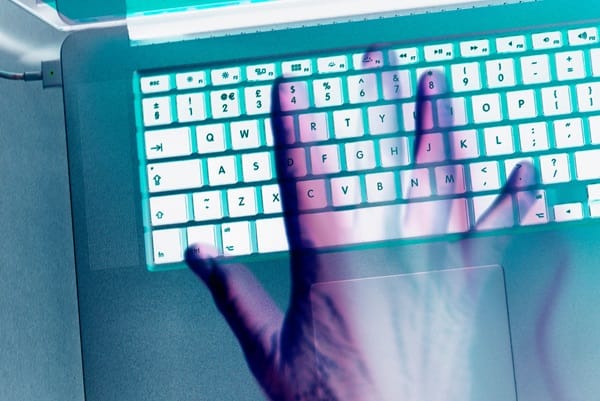When we hear about freelancing or remote working, we typically imagine a life of full independence, getting decent perks, and enjoying our favorite drinks on the couch. But all these things get messed up when you face cyber crimes like phishing, password attacks, malware, and many others.
To enjoy the fullest freedom of being a freelancer or remote worker, you must take some serious steps for your identity protection and sensitive data theft. This short blog post will cover important points that will guide you toward a safe and secure career.
Points to remember for identity protection
Your most productive time can go in vain if you don’t adhere to these below-mentioned points:
1. Consider best practices for creating passwords
When creating passwords for any remote work activity, you must follow the best practices of this. It’s not as hard as it may seem; you just need to include both uppercase and lowercase letters, numbers, and symbols to successfully execute this. Despite their discomfort, long and complicated passwords are essential for protecting computer resources.
2. Stay up-to-date on workplace policies
Staying updated with your workplace policies is nothing short of extraordinary stuff to prevent malicious activities. You can execute this by keeping your eye on the following:
- Your company’s information sharing
- Your workplace’s disaster preparation and recovery plans
- Your company’s IT infrastructure
- Your workplace’s system of sensitive data storage, protection, and disposal
3. Keep devices updated
Keeping your device up to date is necessary. If you do this regularly, you will not miss any software updates from manufacturers. These updates often include improved software security measures. On top of that, you can’t avoid the regular updates of security software, which is one of the most important things for you as a remote worker.
4. Regular data backup
A cloud data protection solution can be your partner in crime when dealing with potential cyberattacks. Data backup from a mobile workforce serves various critical tasks, including:
- Backups protect against data loss due to unintended deletion, malicious software infection, and misplaced or damaged mobile devices.
- Backups protect against cyberattacks that aim to lock down data resources and interfere with system availability.
- Backups make it feasible for authorized users to access data from any location by storing it in a centralized repository.
5. Stay informed about security trends
Due to the evolving nature of scammers, you need to make sure your team is aware of best practices and that your systems are secure. A mechanism for informing pertinent parties about security issues, trends, and advancements should also be in place. You can learn more about cybersecurity trends and best practices by consulting the resource libraries maintained by security firms such as Proton and McAfee.
Final thoughts
The privilege of being a freelancer or remote worker can turn into a big danger if the right steps are not taken at the right time. In addition to the aforementioned points, you can also follow measures like using a private VPN when working with sensitive data and avoid leaving remote work equipment unattended in public areas since this can lead to theft.
By implementing these points carefully, you can enjoy the unparalleled freedom of being a freelancer or remote worker.

